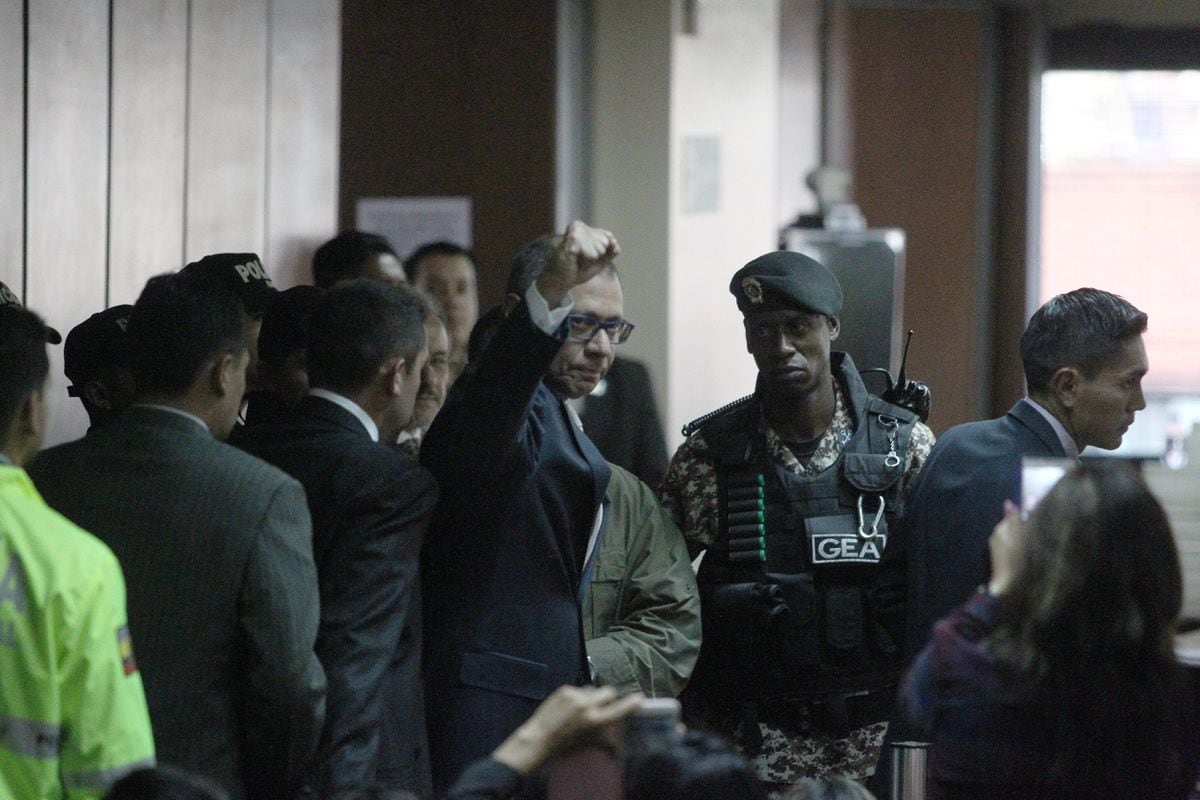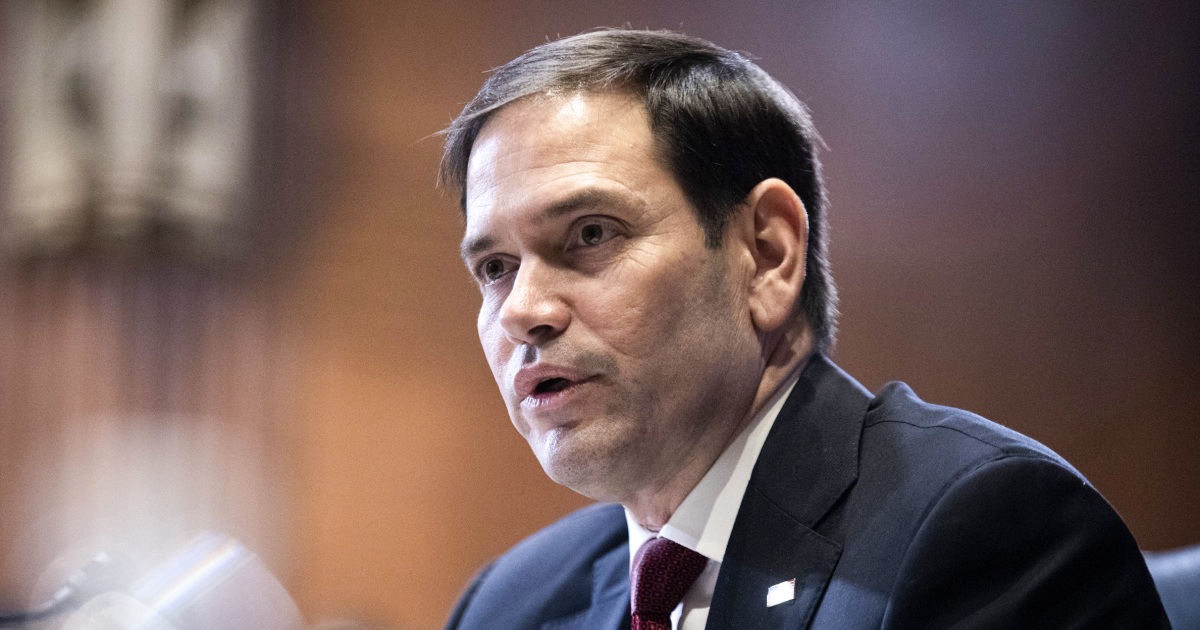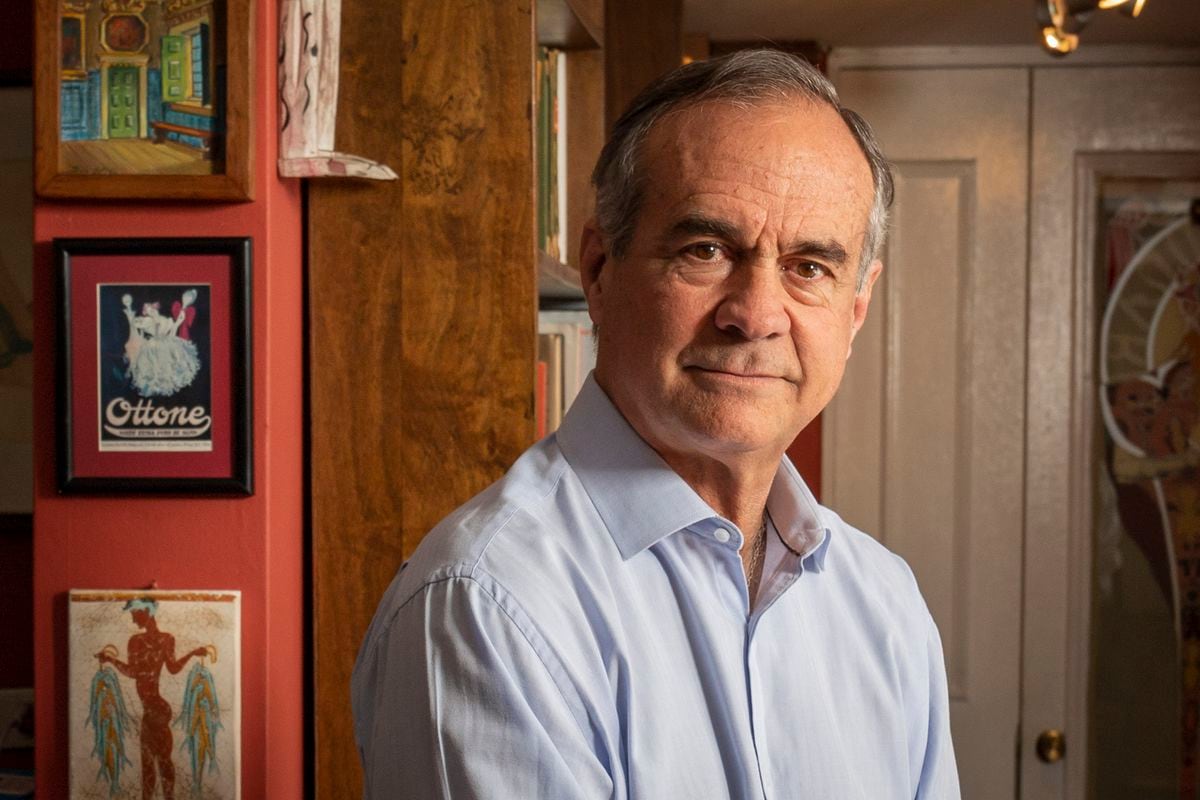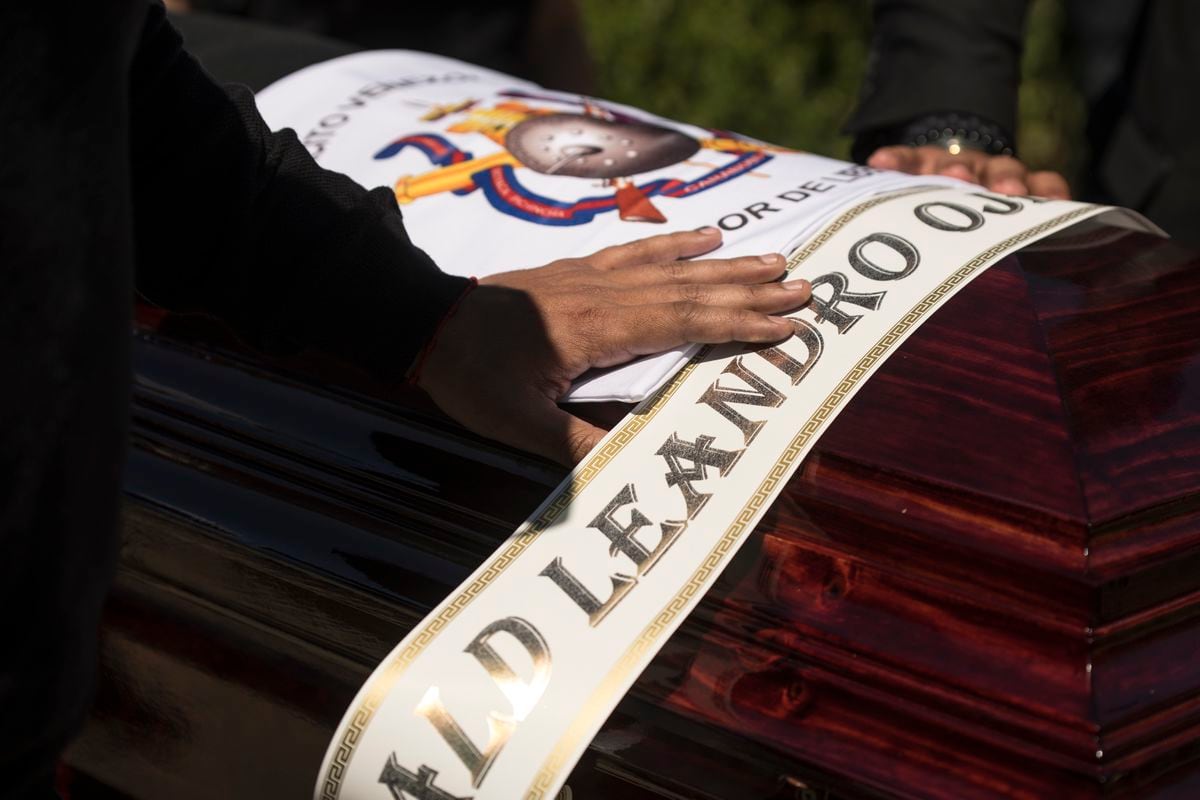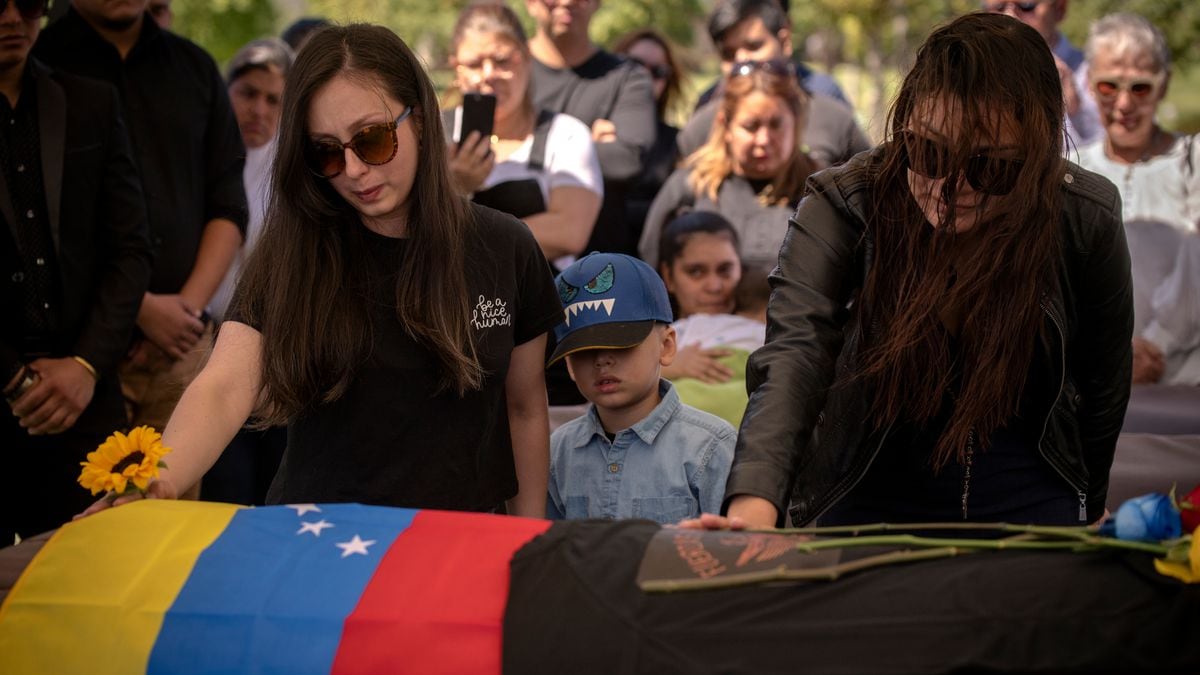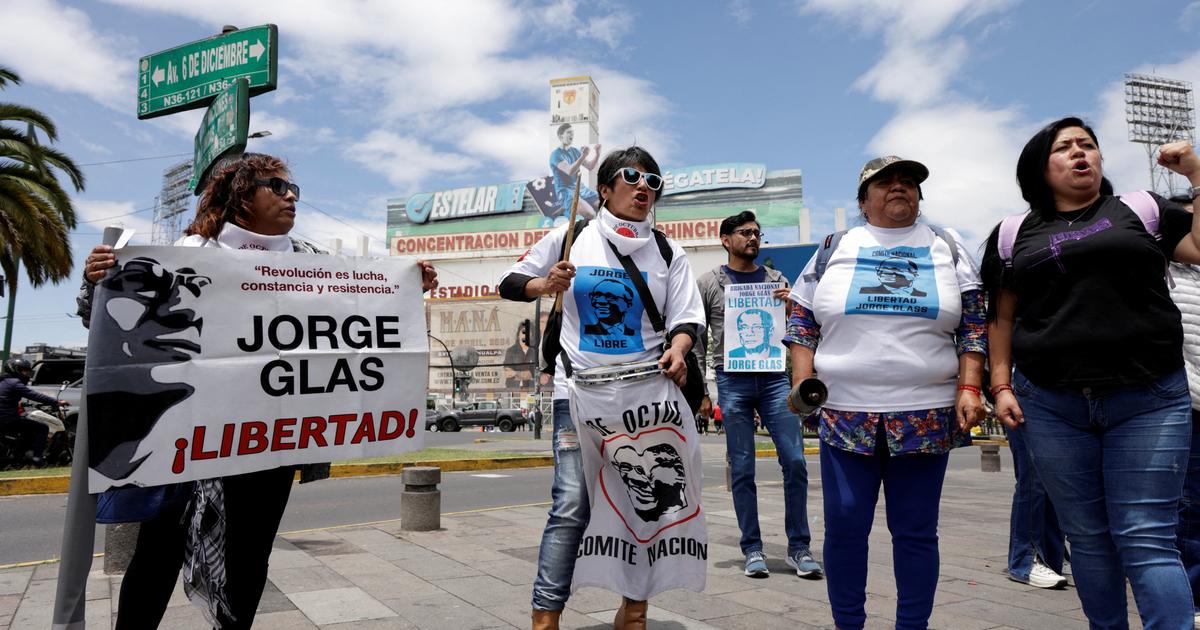The recent plot of corruption and crime revealed in Venezuela has been showing a system that looks like a hydra.
There are connections between officials of the Government of Nicolás Maduro, the state oil company Petróleos de Venezuela, judges, financial factors, the military, and organized underworld.
At the central node of this episode are the placements of Venezuelan crude, innovative operations in the crypto-asset market and an entire network with national and international operation.
The operation began to be made public on Friday, March 17, 2023. So far, it has resulted in the arrest of 21 people (including senior officials from the PDVSA oil company, officials who are experts in cryptocurrencies, judges, and businessmen);
the death of a criminal and the resignation of Tarek El Aissami, one of the most powerful leaders of Chavismo, former Minister of Oil and aspiring to be Maduro's dolphin.
How was it possible to articulate a system of this nature, which has operated with total impunity?
What is the route of the money, which came from the sale of crude oil, was drained to the cryptocurrency market to enter, if applicable, the Venezuelan treasury coffers?
Most of the arrests have to do with the maneuver developed in the state company Petróleos de Venezuela with a network of intermediaries to sell Venezuelan crude in international markets and failed financial operations to collect such sales.
The intermediation system was already publicly known.
In November 2022, the research portal
Armando Info
revealed that "since 2019 Venezuela has sold millions of barrels of crude through ghostly intermediaries, but the money has not always entered PDVSA's treasury."
However, among those deprived of liberty are two senior judges, a regional judge and a mayor for their alleged links with criminal leaders of two criminal mega-gangs.
This is a kind of subplot, which so far only has in common with the central story the fact that the officials were trusted by the Maduro government.
One of the judges, José Mascimino Márquez García, ordered the imprisonment of political leaders, including Freddy Guevara.
Chavista governments have been fertile ground for corruption.
Previous governments in Venezuela also had cases of mismanagement of public funds.
But, among the contributions of Chavismo are the relationship with organized crime, the creation of international structures —in the case at hand, cryptocurrency transactions— and the tolerance of the authorities that take notice when cases take scandalous edges.
The organization Transparency International, chapter of Venezuela, warned in June 2022 of the confluence of the traditional system of embezzlement of public assets —corrupt officials— and criminal organizations: “Given the economic suffocation caused by the destruction of the oil industry, the economic crisis, the disappearance of the exchange subsidy, the lack of investment and international sanctions, the corrupt network entrenched in state entities has chosen to expand its participation in a set of illegal economic activities that take place throughout the national territory.
They add that the amounts reported for illegal acts, such as drug trafficking, the illegal sale of gasoline, bribes in ports, and the export of gold represent close to one fifth (18%) of the country's total economy.
In this recent
affair
of corruption there are elements that rightly worry the Maduro government, which has been complacent with that system.
The resignation of the El Aissami government produced all sorts of conspiracy theories and speculations;
But due to the way events have unfolded, there is a relatively simple assumption that allows us to explain the new anti-corruption crusade: those reales were lost.
The need to have money to satisfy the demands of an impoverished population and also to keep the price of the dollar under control so as not to enter a new cycle of hyperinflation has made Maduro look everywhere for resources.
This led the National Assembly, controlled by Chavismo, to approve a disputed Anti-Blockade Law, whose objective is to allow them to operate in the shadows to evade the siege of the sanctions or to sign an agreement in Mexico with the Venezuelan opposition to put a hand in some 3,000 million dollars.
In addition, this way they will be able to tolerate the bifurcations of operations with cryptocurrencies, the network of intermediaries for the sale of Venezuelan crude, the silent exports of gold, through the exploitation of the Mining Arc, among the best-known sources of resources.
Although the hypothesis is simple, the mechanisms for diverting money from the sale of Venezuelan oil are not so simple.
That money did not enter the public coffers.
However, the Prosecutor's Office itself does not dare to speak of a specific amount, although on social networks it has emerged that it would be about 3,000 million dollars.
The Reuters
agency
assures that it had access to documents that locate the invoices receivable from PDVSA, in the order of 21,000 million dollars.
The Prosecutor's Office states that there was "a conglomerate of commercial companies to legitimize the capital obtained from the sales of crude oil, through the acquisition of crypto assets, personal and real estate, as well as investments in the construction and real estate sector."
According to a report by
Hispanopost
, specialized in Economics, the modus operandi with the crypto market involved the use of so-called
stable coins
, specifically USDC, which is "a type of cryptocurrency that is described as "stable price" .
It is always possible to exchange 1 USD Coin for 1 US dollar, giving you a stable price.”
In this way, it was possible to “monetize” the crude placed in dollars.
This modality was disrupted when Silvergate, a bank in California, through which most of the operations were carried out, went bankrupt, according to the cited report.
Along the way, money was lost as a result of intermediations, the collection of commissions and very possibly because of speculation.
But, it is evident that something was going in, until the model failed.
Such a route is impossible to build without the consent of other authorities.
Maduro has said that since October 2022 he was aware of what was happening.
He assured that he himself had directed the preliminary investigation.
It is frequently claimed in specialized circles that Venezuela is a mafia state.
Although there are discussions that come and go regarding the definition, recent revelations confirm a structure that makes it possible for crime, covered by corruption, to infiltrate different levels of government.
In fact, Maduro affirmed: "We have given this first blow, a powerful blow to the mafiosi, to the mafiosi, to the mafias and I have the absolute will and the absolute decision to go to the very root to dismember all these mafias."
The Prosecutor's Office declared that this is the 31st corruption plot associated with Petróleos de Venezuela that it has dismantled since 2017. The few statements by officials allow us to glimpse that this hydra, like the mythological monster, grows more heads, each time one is cut off. .
Subscribe to continue reading
Read without limits
Keep reading
I'm already a subscriber

/cloudfront-eu-central-1.images.arcpublishing.com/prisa/V5LKYS3HRY4GJLJMLMDNBIDQCE.jpg)

